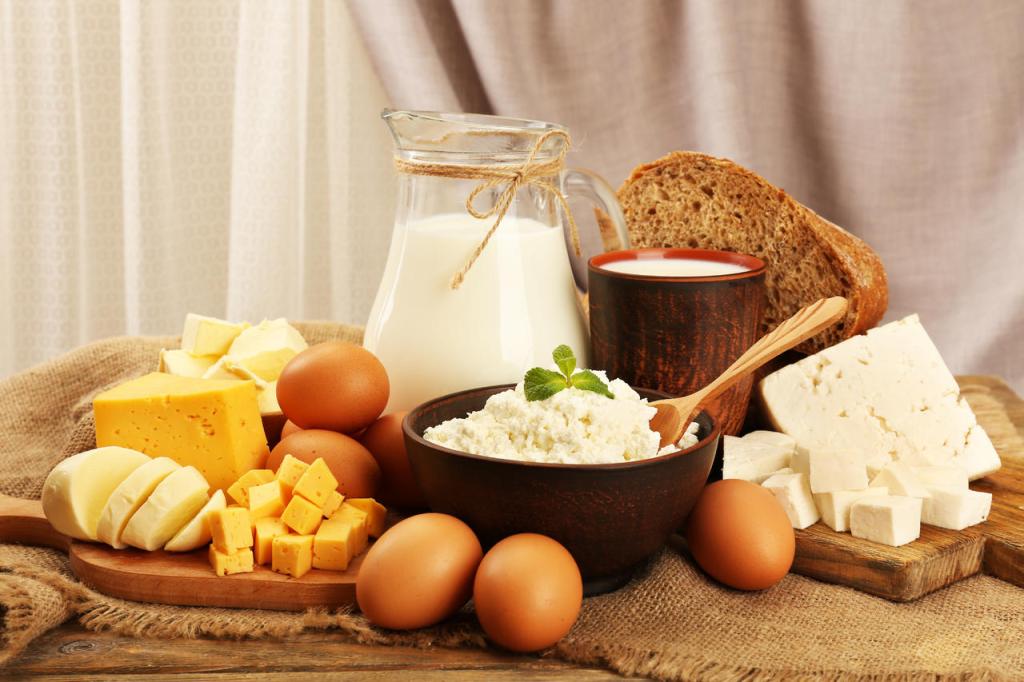
 CONTACT
CONTACT
- Linkman:Linda Yao
- Tel: +8618231198596
- Email:linda.yao@dcpharma.cn
- Linkman:CHARLES.WANG
- Department:Overseas
- Tel: 0086 0311-85537378 0086 0311-85539701
Fermented foods with nisin
TIME:2024-01-12
Nisin is often associated with fermented foods due to its natural presence in some fermented products or its intentional addition as a food preservative.Some examples of fermented foods that may contain nisin,including cheese,yogurt,buttermilk,sauerkraut,kimchi,fermented pickles,kefir,fermented sausages,fermented soy products,fermented dough products,ect.
Nisin is commonly found in various types of cheese, as it is produced by lactic acid bacteria during the fermentation process.Cheeses like cheddar, gouda, and Swiss may naturally contain nisin.
Some yogurt products may contain nisin, either naturally produced by the bacterial cultures used in fermentation or added as a preservative.
Buttermilk, a fermented dairy product, may contain nisin produced by lactic acid bacteria during fermentation.
Sauerkraut, fermented cabbage, may have nisin produced by the lactic acid bacteria involved in the fermentation process.
Kimchi, a traditional Korean fermented vegetable dish, may contain nisin due to the fermentation by lactic acid bacteria.
Pickles that undergo fermentation, such as naturally fermented pickles, may contain nisin produced during the fermentation process.
Kefir, a fermented milk drink, may contain nisin produced by the microbial cultures involved in the fermentation.
Some types of fermented sausages may contain nisin, either naturally produced during fermentation or added as a preservative.
Fermented soy products like miso and tempeh may contain nisin due to the fermentation process.
Certain types of bread and other dough products that undergo fermentation may contain nisin as a byproduct of microbial activity.
The presence of nisin in these foods can vary, and in some cases, it may be intentionally added as a preservative to enhance the shelf life of the product.The concentration of nisin and its specific role in each food product depend on factors such as the fermentation process, the strains of bacteria involved, and any intentional additions made during production.Additionally, the use of nisin in food products is regulated, and its inclusion is subject to food safety standards.
- Tel:+8618231198596
- Whatsapp:18231198596
- Chat With Skype







